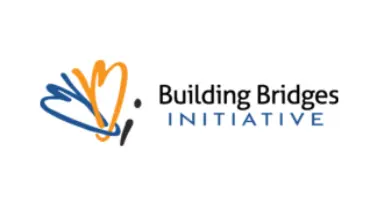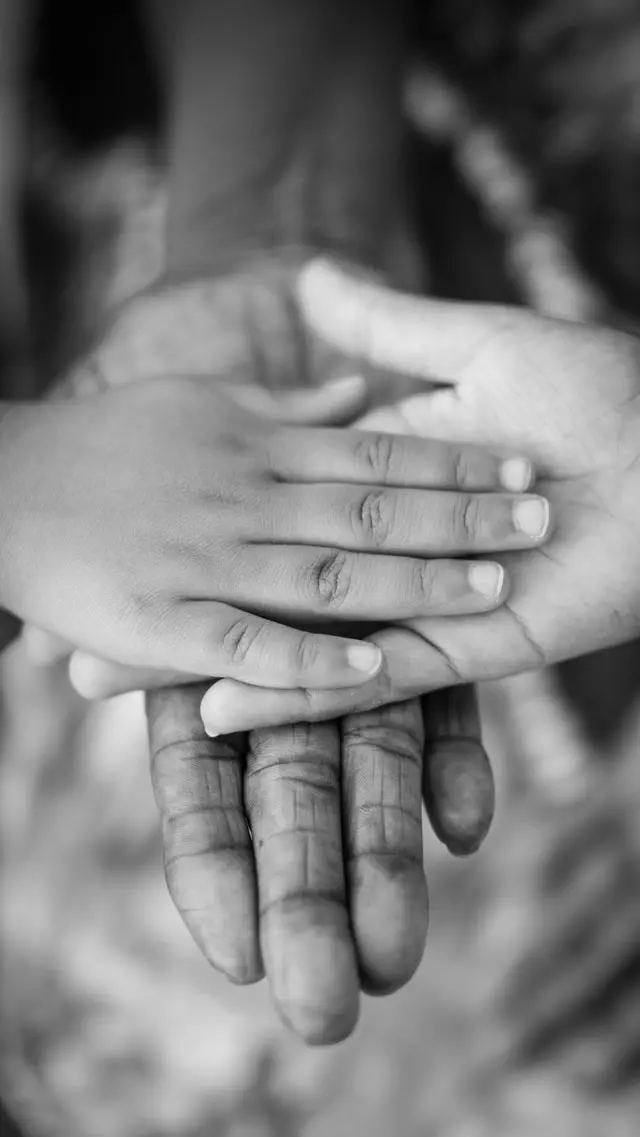Building Bridges Initiative
St. Mary’s is part of a national initiative to ensure that residentially-based treatment programs are meeting the needs of young people and their families
What the Buiding Bridges Initiative offers
Building Bridges is a national initiative working to identify and promote practice and policy that will create strong and closely coordinated partnerships and collaborations between families, youth, community – and residentially-based treatment and service providers, advocates and policy makers to ensure that comprehensive mental health services and supports are available to improve the lives of young people and their families. The Building Bridges Intiative’s values and principles are incorporated into our Residential Services. We refer to our initiative as “Residential without Walls.” For more information, also see the Residential Program page.

Family Driven and Youth Guided Care
- We collaborate with families and youth; working with families as partners and including family members in decision making.
- Respectful attitudes of “Nothing about us without us” and “no blame, no shame” when working with families.
- Strengths-based individualized treatment planning.
- Youth Council and Parent Council.
- Parent Support Partner dedicated to supporting the parent during the difficult time their child is not at home 24/7.
Cultural and Linguistic Competence
- .It’s important to us to know what’s important to your youth and family. How do you celebrate holidays and birthdays? What kind of food do you like? What kind of music do you listen to? We elicit information about youth and family strengths, traditions, and culture and incorporate these into formulations and treatment.
- We want the youth we serve to spend those important moments with their family and will do what we can to make that happen.
- Translation services will be provided if needed.
Clinical Excellence and quality standards
- Care is based on continuous healing relationships (most notably, family relationships).
- Our clinicians have training in a wide range of evidence-based treatments.
Accessibility and community involvement
- We provide transportation services to youth and families.
- Youth have the opportunity to choose community-based activities. Youth have participated in Girl/Boy Scouts, gymnastics, sports, kickboxing, dance, Youth Pride, and AS220.
Transition planning and services
- Families choose up to three services (Family Liaison, Family Therapist, and Parent Partner) in our Aftercare Program, for up to six months after discharge from the campus residential intervention.
- The team is planning for discharge at intake and regularly throughout a youth’s stay, discussing what a youth will need and making sure the youth is not here longer than they need to be.
